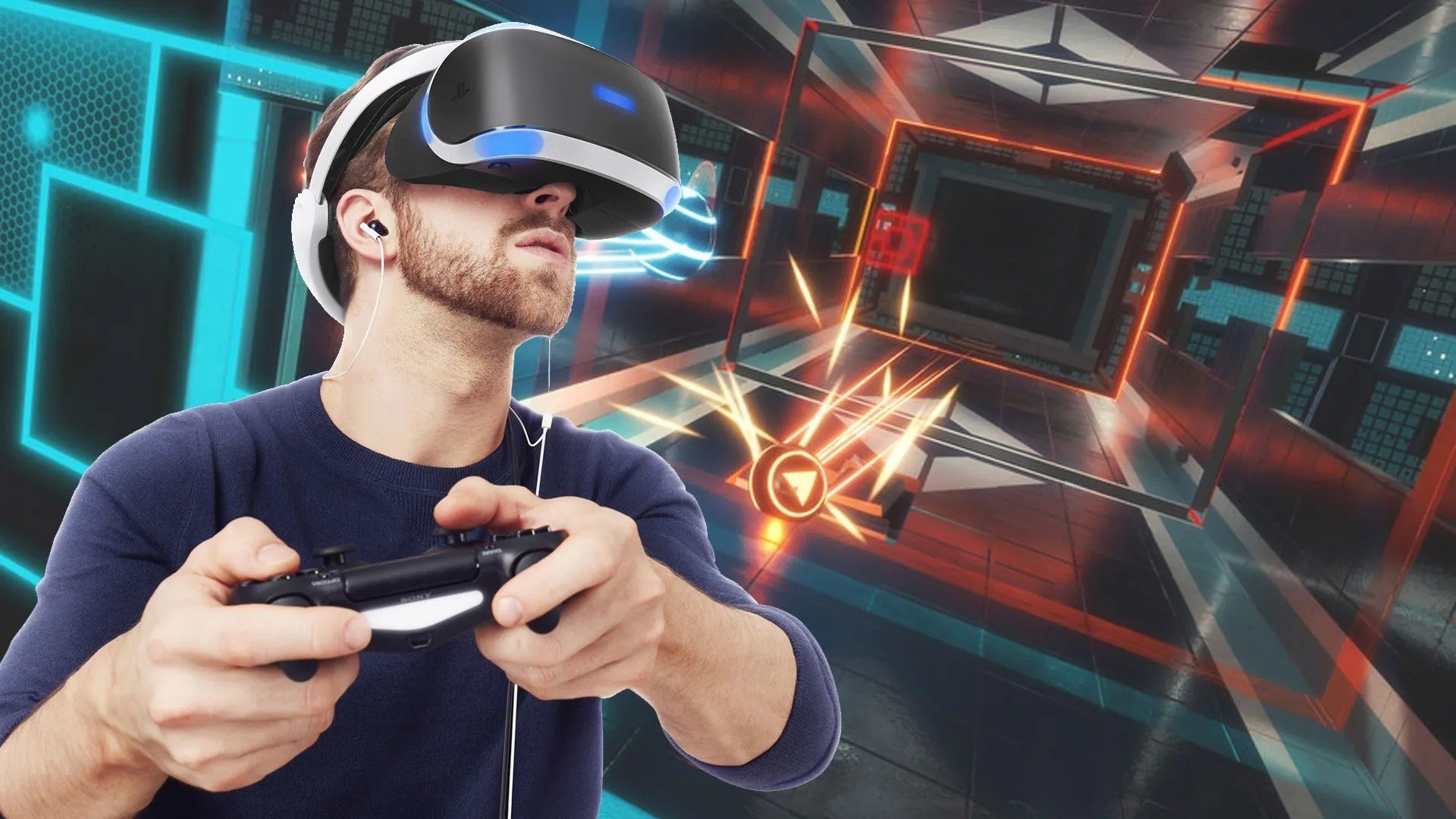The Evolution of VR/AR in Gaming: New Zealand’s Digital Frontier
Virtual Reality (VR) and Augmented Reality (AR) have revolutionised the gaming landscape over the last decade. These immersive technologies blur the lines between digital and physical worlds, offering players unprecedented levels of interaction and realism.
In New Zealand, a country known for its technological adaptability and creative industries, VR and AR gaming are steadily gaining momentum.

From indie developers in Wellington to Auckland-based studios experimenting with interactive storytelling, the evolution of immersive gaming is shaping a new future for the Kiwi entertainment sector.
Platforms like xon bet casino are also beginning to explore how immersive tech can enhance online gaming experiences, setting new standards for user engagement.
Understanding Immersive and Augmented Reality Technologies in Gaming
Fully immersive systems transport players into digital environments using headsets like Oculus Rift, HTC Vive, and PlayStation VR. These platforms allow users to explore 3D worlds, interact with virtual elements, and experience a heightened sense of “presence” that traditional screen-based gaming lacks.
In contrast, augmented overlays blend digital features with the physical world through devices such as smartphones, tablets, or smart glasses. Games like Pokémon GO showcased how this form of interaction could be both engaging and widely adopted, redefining location-based and mobile gaming.
Growth of VR/AR Gaming in New Zealand
New Zealand’s game development community has always punched above its weight. With a strong tradition in film and digital effects, thanks to Weta Digital and similar companies, it’s no surprise that Kiwi game developers have embraced immersive and augmented reality technologies.
Local studios are exploring experiential gaming in everything from horror games and sci-fi adventures to indigenous storytelling and educational simulations.
Government support, university R&D partnerships, and the rise of tech incubators in Christchurch and Dunedin are fostering innovation in this space.
The country’s relatively small market also means developers can iterate quickly, test user engagement, and easily tap into global markets, particularly Australia, North America, and Asia.
Key Advantages of VR/AR in Gaming
Virtual Reality (VR) and Augmented Reality (AR) are reshaping the way players interact with digital environments. Their growing popularity in New Zealand’s gaming landscape is fueled by immersive, engaging, and innovative experiences. The appeal of VR and AR in the gaming world stems from several major benefits:
- Immersive gameplay: Players feel as if they’re truly “inside” the game world, which heightens emotional engagement and realism.
- Interactive learning: Educational titles leverage immersive tech to teach complex concepts—ideal for simulations and cultural exploration.
- Fitness and well-being: Motion-based experiences provide a fun, engaging alternative to traditional workouts, especially during lockdowns.
- Social engagement: Multiplayer environments enable real-time interaction through avatars, encouraging connection and community.
- Creative expression: Mixed-reality platforms support user-generated.

Challenges Facing Immersive and Augmented Technologies in the Gaming Industry
Despite their potential, immersive technologies still face hurdles in both development and adoption. Cost remains a barrier—high-quality headsets are expensive, and not all users have compatible systems. Motion sickness is another concern, particularly in poorly optimised virtual environments. For developers in New Zealand, there’s also the issue of scale.
Creating rich, engaging content requires time, funding, and access to advanced hardware—resources not always readily available to smaller studios. Moreover, with rapid tech evolution, platforms become outdated quickly.
Creators must constantly adapt to new devices and frameworks, often with limited local support. The fragmented nature of the global XR market adds complexity when launching games internationally.
How VR and AR Are Changing Player Expectations?
Players are no longer satisfied with passive gameplay. Instead, they seek active involvement, narrative immersion, and physical engagement.
VR and AR meet these expectations by making players part of the story. For example, role-playing games become more intense when players must physically dodge attacks or solve puzzles using hand gestures.
In New Zealand, this has inspired a rise in location-based AR games and virtual tourism experiences. Players can explore Aotearoa’s cultural heritage or natural landscapes through gamified content that promotes both entertainment and education.
Notable Examples and Future Trends
Several New Zealand studios and initiatives are contributing to the VR/AR gaming space:
- Staples VR: Working on interactive museum exhibits and training simulators using AR and VR.
- MTheory: A production house experimenting with cinematic VR storytelling.
- Victoria University of Wellington: Researches XR technologies for gaming and health applications.
List: What to Expect Next in VR and Mixed Reality Experiences
As immersive technology matures, several trends are shaping the future of VR and augmented experiences across New Zealand and beyond:
- More affordable hardware: New headsets will become lighter and cheaper, making adoption easier for average users.
- AR glasses mainstreaming: Devices like Apple Vision Pro or Meta’s upcoming smart glasses may replace smartphones in AR interactive entertainment.
- Hyper-personalised content: AI will enable digital experiences to adapt to individual player styles and preferences.
- Improved accessibility: Advances in haptics and voice control will expand interactive platforms to users with disabilities.
- Cross-platform integration: Players will seamlessly switch between AR on phones and VR on headsets.
- Decentralised virtual economies: Using blockchain to own, trade, and create in-game assets securely.
The evolution of immersive technology in gaming is far from over—it’s only just beginning. For New Zealand’s tech-savvy game developers, this space offers a golden opportunity to push creative boundaries, tell unique stories, and engage a global audience.
As tools become more accessible and players seek deeper, more interactive experiences, these innovations will shift from niche to mainstream. Whether you’re a gamer, developer, or investor, now is the time to focus on this rapidly expanding digital frontier.

Jim’s passion for Apple products ignited in 2007 when Steve Jobs introduced the first iPhone. This was a canon event in his life. Noticing a lack of iPad-focused content that is easy to understand even for “tech-noob”, he decided to create Tabletmonkeys in 2011.
Jim continues to share his expertise and passion for tablets, helping his audience as much as he can with his motto “One Swipe at a Time!”
